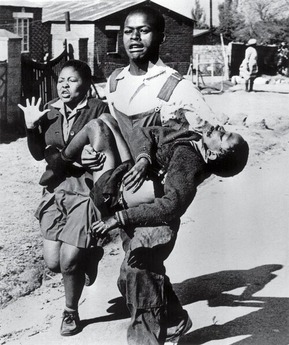This Content Is Only For Subscribers
As the Eastern Cape continues to grapple with the highest unemployment rate in South Africa, surpassing a staggering 40%, the need for urgent and effective intervention has never been more pressing. This alarming statistic, reported by Eye Witness News on May 15, 2024, places the Eastern Cape alongside the North West province, both significantly above the national unemployment figure of 32.9%.
The latest data from Stats SA highlights a mixed bag of economic realities across the country. While provinces like KwaZulu-Natal, Gauteng, and the Northern Cape have seen increases in employment, with 35,000, 26,000, and 4,000 jobs added respectively, the Eastern Cape’s unemployment crisis remains a stubborn and deeply concerning issue.
Eastern Cape Premier Lubabalo Oscar Mabuyane is on the cusp of announcing new Members of the Executive Council (EXCO) for the 7th Administration. This announcement, scheduled for June 21, 2024, comes at a critical juncture as Premier Mabuyane recently took his oath of office. The hope is that the newly appointed Members of the Executive Council will bring fresh perspectives and robust strategies to tackle the province’s unemployment crisis head-on.
On a national level, the political landscape is equally dynamic. Under the expansive Highveld sky, Cyril Ramaphosa was inaugurated as the President of South Africa in a ceremony marked by solemnity and hope at the Union Buildings. In his inaugural address, President Ramaphosa reiterated his commitment to a united, free, just, equal, and prosperous South Africa, emphasizing the enduring values of the Freedom Charter. As President Ramaphosa prepares to announce his cabinet, the decisions made at the national level will undoubtedly impact the Eastern Cape’s economic future.
However, political tensions remain high. The EFF’s senior leadership opted to snub President Ramaphosa’s inauguration to support Julius Malema in court, underscoring the ongoing divisions within South African politics. Meanwhile, Helen Zille’s remarks about Fikile Mbalula’s oversight in signing a document without reading its clause 24 further fuel the political drama. Zille’s assertion that the ANC cannot make any decisions without DA’s agreement in the GNU (Government of National Unity) reflects the complexity and friction within the country’s current political framework
As the Eastern Cape navigates these turbulent waters, the need for effective governance and strategic economic planning is paramount. The new Members of the Executive Council must prioritize job creation, skills development, and economic diversification to lift the province out of its unemployment quagmire. Moreover, collaboration between provincial and national leaders will be crucial in driving sustainable growth and ensuring that the Eastern Cape does not remain an outlier in the nation’s economic recovery.
In conclusion, the Eastern Cape’s unemployment crisis is a stark reminder of the broader economic challenges facing South Africa. While political theatrics and shifting alliances dominate the national discourse, the focus must remain on tangible actions that improve the lives of ordinary South Africans. The new administration in the Eastern Cape has a pivotal role to play in this regard, and their success or failure will resonate far beyond the provincial borders.








